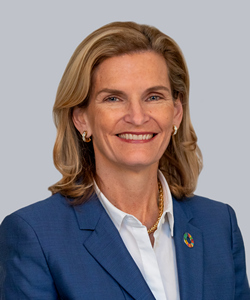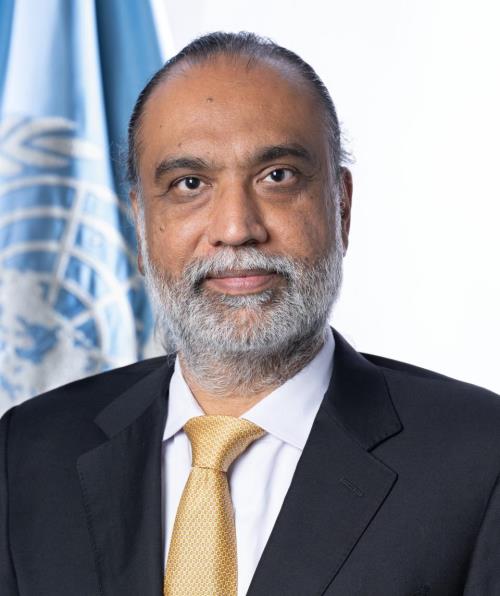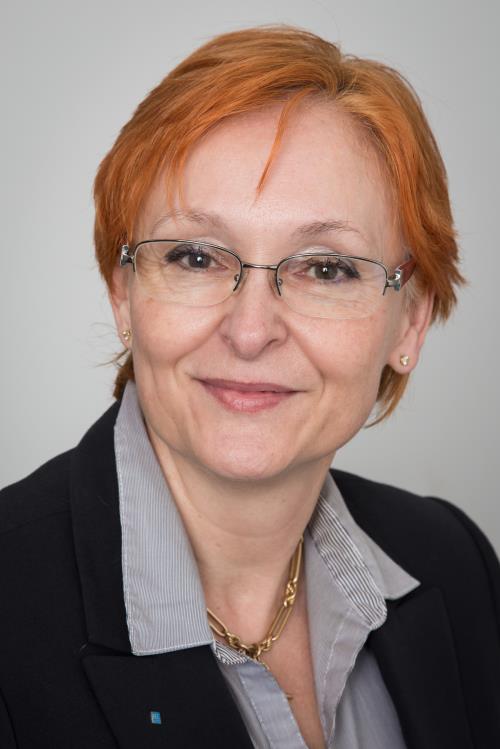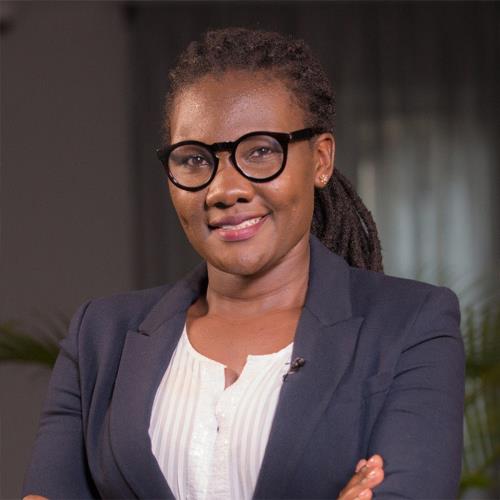How New Technologies Can Foster Digital Inclusion: A Multistakeholder Input to the Global Digital Compact
German Federal Foreign Ministry in cooperation with the Office of the UN Secretary-Generals Envoy on Technology, the Government of Mexico and the International Telecommunication Union
Session 399
Insights into the Global Digital Compact and its regional consultation events
The rapid pace of technological change and the increasing importance of digital technologies in our lives have highlighted the need for new frameworks and policies to ensure that these technologies are developed and deployed in a secure, inclusive and sustainable manner. Through the Global Digital Compact process spearheaded by the Secretary-General’s Envoy on Technology, a framework for inclusive and responsible digital governance will be developed that reflects the needs and priorities of stakeholders from around the world.
In this high-level panel at the World Summit for Information Society 2023 conference, participants from a diverse range of backgrounds will come together to explore how new technologies can foster digital inclusion and promote international cooperation and collaboration on issues related to digital governance. Experts in digital governance and digital human rights, along with representatives from the UN, international organizations, civil society, and governments will participate.
In the session, the UN Tech Envoy will provide an overview of the Global Digital Compact process and share insights on its goals, expectations, and challenges. Subsequently, the panelists will elaborate on how the Global Digital Compact can leverage the potential of digital cooperation from the perspective of their respective organisations or countries. The session will also provide comprehensive insights from the two regional consultations for the African and American continent. Additionally, the panel will give an outlook on what is coming next, including the Asia consultations end of March.
To explore potential collaborations and partnerships the moderator will encourage interactive discussion and dialogue among the panelists and the audience.









-
 C1. The role of governments and all stakeholders in the promotion of ICTs for development
C1. The role of governments and all stakeholders in the promotion of ICTs for development
-
 C2. Information and communication infrastructure
C2. Information and communication infrastructure
-
 C10. Ethical dimensions of the Information Society
C10. Ethical dimensions of the Information Society
-
 C11. International and regional cooperation
C11. International and regional cooperation
There is a strong connection between the high-level panel and WSIS Action Line 1, as it brings together participants from diverse backgrounds and perspectives to discuss how new technologies can encourage digital inclusion and promote international cooperation and collaboration in the area of digital governance. Working together and sharing their insights and experiences, the panelists will identify opportunities and challenges for leveraging ICTs for development and for promoting inclusive and responsible digital governance.
The high-level panel is relevant to WSIS Action Line 2, as it examines how new technologies can promote digital inclusion and support social and economic development. In addition to addressing the digital divide, ensuring affordable access to ICTs, and promoting digital literacy and skills development, the panelists will discuss opportunities and challenges associated with promoting digital inclusion.
It also explores how new technologies can help facilitate access to and dissemination of information and knowledge and is related to WSIS Action Line 10. During the panel discussion, the panelists will discuss the role of digital governance frameworks in promoting freedom of expression, access to information, and media pluralism in the digital age.
This high-level panel contributes to WSIS Action Line 11 by promoting international cooperation and collaboration on digital governance issues. The panel brings together participants from different regions of the world, including representatives from the UN, international organizations, civil society, and government, and provides an opportunity for dialogue and exchange of ideas. Through the promotion of multistakeholder input into the Global Digital Compact process as well as exploring potential collaborations and partnerships, the panel aims to contribute to the development of responsible and inclusive digital governance frameworks that reflect the needs and priorities of diverse stakeholders.
-
 Goal 9: Build resilient infrastructure, promote sustainable industrialization and foster innovation
Goal 9: Build resilient infrastructure, promote sustainable industrialization and foster innovation
-
 Goal 16: Promote just, peaceful and inclusive societies
Goal 16: Promote just, peaceful and inclusive societies
-
 Goal 17: Revitalize the global partnership for sustainable development
Goal 17: Revitalize the global partnership for sustainable development
By exploring how new technologies promote digital inclusion and facilitate inclusive and responsible frameworks like the GDC, the high-level panel contributes to SDG 9. This panel aims to identify opportunities for utilizing digital technologies to achieve sustainable development goals by fostering collaboration and partnerships among different stakeholders, including governments, civil society, and industry. As part of this panel, the panelists discuss how emerging technologies, including artificial intelligence, can transform industries and infrastructure, and offer insight into how to ensure that these technologies are developed and deployed in a sustainable and inclusive manner.
By discussing the importance of inclusive global frameworks that promote peace, justice, and strong institutions, the high-level panel contributes to SDG 16. As part of the panel, participants will explore how digital technologies can be utilized to increase access to justice and human rights, as well as how digital policies and frameworks can be developed to ensure marginalized communities are not left behind by digital technologies. Additionally, the panelists discuss the importance of transparency, accountability, and participation in digital governance, as well as ways to ensure that these principles are reflected in digital policies and frameworks.
The high-level panel is linked to SDG 17 as it strengthens collaboration and partnerships among different stakeholders in order to achieve the Sustainable Development Goals. The panel provides a platform for dialogue and exchange of ideas among representatives from the UN, international organizations, civil society, and government, and encourages multistakeholder input to the Global Digital Compact process.